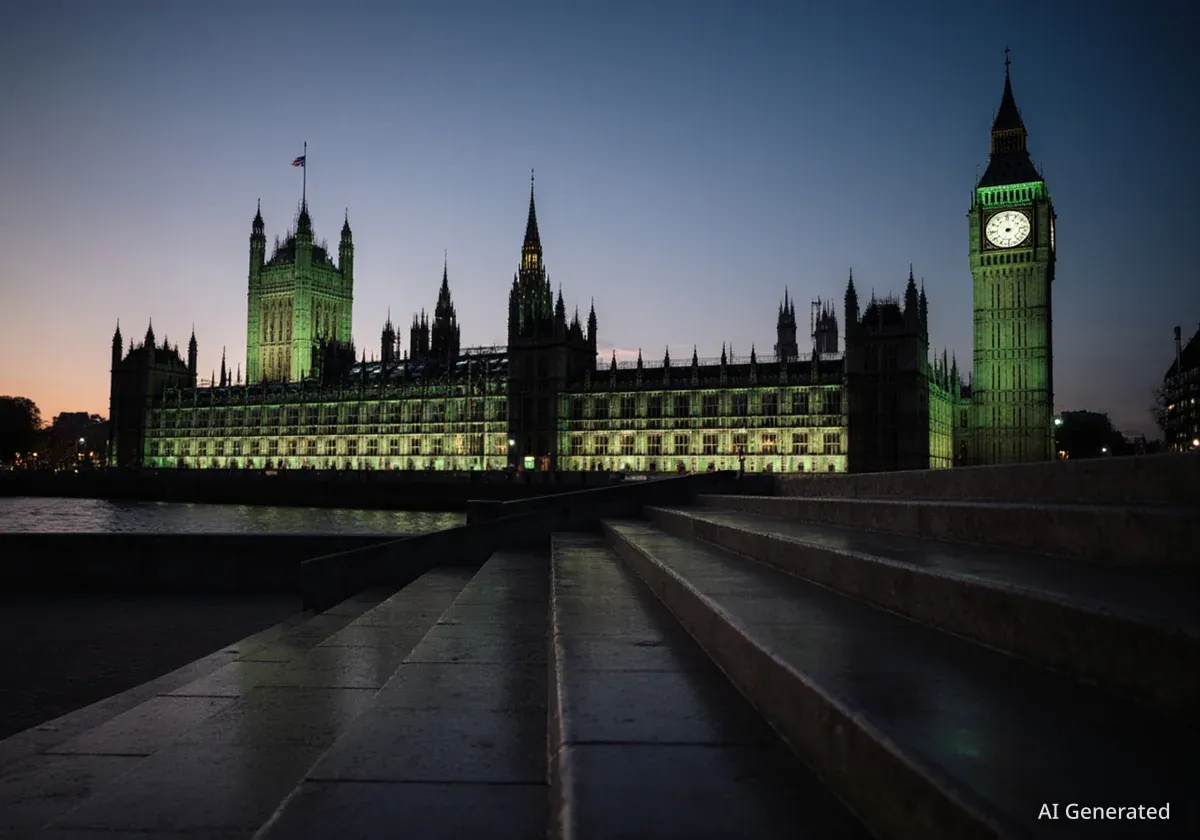The Swiss National Council is reviewing its rules regarding who can access its chamber during parliamentary sessions. Currently, federal councillors may bring their advisors, but parliamentary group secretaries are excluded. This disparity has led to growing discontent among parliamentarians, who argue it creates an imbalance of power and hinders efficiency.
Key Takeaways
- Federal councillors currently bring advisors into the National Council chamber.
- Parliamentary group secretaries are not allowed inside the chamber.
- This rule creates an imbalance, according to many parliamentarians.
- A parliamentary initiative aims to grant group secretaries access for efficiency.
- Concerns exist about potential increased noise and crowding in the chamber.
Debate Over Chamber Access Rules
Access to the National Council chamber in the Federal Palace is strictly regulated. This is where laws are made and important debates take place. The 200 members of the Council hold the primary right to be present. However, federal councillors also enter the chamber to present their official business. They often arrive with their advisors, who are seated on a side bench. These advisors provide documents, whisper information, and gather facts during discussions.
In contrast, parliamentary group secretaries, who prepare dossiers, coordinate business, and draft motions for their respective groups, are not permitted inside the chamber. This situation has generated significant frustration among members of parliament. They believe it disadvantages them compared to the well-supported federal councillors.
Calls for Equal Footing
A long-serving parliamentarian, who chose to remain anonymous, summarized the sentiment:
"Federal councillors expand their presence in the chamber with their entourage, while we restrict ourselves."This perspective highlights the desire for a more balanced environment. The core issue appears to be not just about the presence of these 'shadow' figures, but about the overall balance of power within the political process.
Current Situation
- Federal Council members: Allowed to bring advisors into the chamber.
- Parliamentary Group Secretaries: Not allowed into the chamber.
- House rules are currently under review by the Bureau of the National Council.
Parliamentary Initiative Seeks Change
The Bureau of the National Council, which includes the Council Presidency and the leaders of parliamentary groups, plans to introduce a parliamentary initiative to amend the rules. The proposal aims to grant parliamentary group secretaries access to the chamber, "to the extent required by their function." This move is intended to create a more equitable relationship between the parliamentary groups and the Federal Council.
Philipp Matthias Bregy, 47, from Valais, who is the former head of the Centre Group and the new party president, has been a key proponent of this change. He states that the current legal situation leads to a "considerable disadvantage" for parliamentarians, especially when compared to the support staff available to Federal Council members. Bregy emphasizes the goal of establishing a "balanced relationship" between the groups and the Federal Council.
Efficiency and Information Access
Bregy also highlights the efficiency argument.
"For me, it is also a question of efficiency,"he explains. "If the situation changes during a debate, a group president sometimes quickly needs information. However, depending on the situation, they cannot leave the chamber. If you have to have a document brought to you via a parliamentary usher, the process is unnecessarily slowed down." He believes that the "occasional presence of group secretaries in the chamber" would not significantly increase disruption.
Background
The Swiss political system involves a strong Federal Council (executive branch) and a bicameral parliament, including the National Council (lower house). The interaction between these bodies is central to lawmaking. The current debate reflects a desire by the legislative branch to assert its operational capacity against the executive.
Concerns About Noise and Crowding
Not all parliamentarians are convinced that allowing more people into the chamber is the best solution. Thomas Aeschi, 46, from Zug, an SVP National Councillor and the longest-serving group leader, acknowledges the legitimacy of federal councillors receiving support from officials.
"That federal councillors receive support from officials in the chamber is legitimate in itself. They don't have to know every detail in every dossier,"he says. However, Aeschi believes some councillors "simply overdo it" with the level of support they bring.
Regarding the proposal to allow group secretaries access, Aeschi remains unsure. He points out, "There is already a lot of hustle and bustle and noise in the National Council. Besides the council members, technicians, photographers, and parliamentary ushers move around – plus guests and journalists in the stands. If even more people are allowed into the chamber now, it will hardly get quieter." This perspective suggests a trade-off between efficiency and maintaining a focused working environment.
Alternative Solutions Explored
According to information obtained by Blick, there have also been discussions about an alternative approach: restricting the presence of federal councillor advisors in the chamber. This idea, while still preliminary, suggests that limiting the number of support staff for the executive branch could also help achieve a better balance. This indicates that the debate is open to various solutions, all aiming to optimize the working conditions and power dynamics within the National Council.
The ongoing discussion highlights the parliament's efforts to modernize its procedures and ensure its members have the necessary resources to perform their duties effectively, while also considering the practical implications of increased personnel within the chamber.




